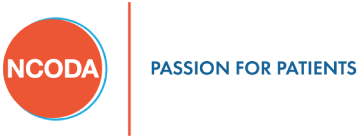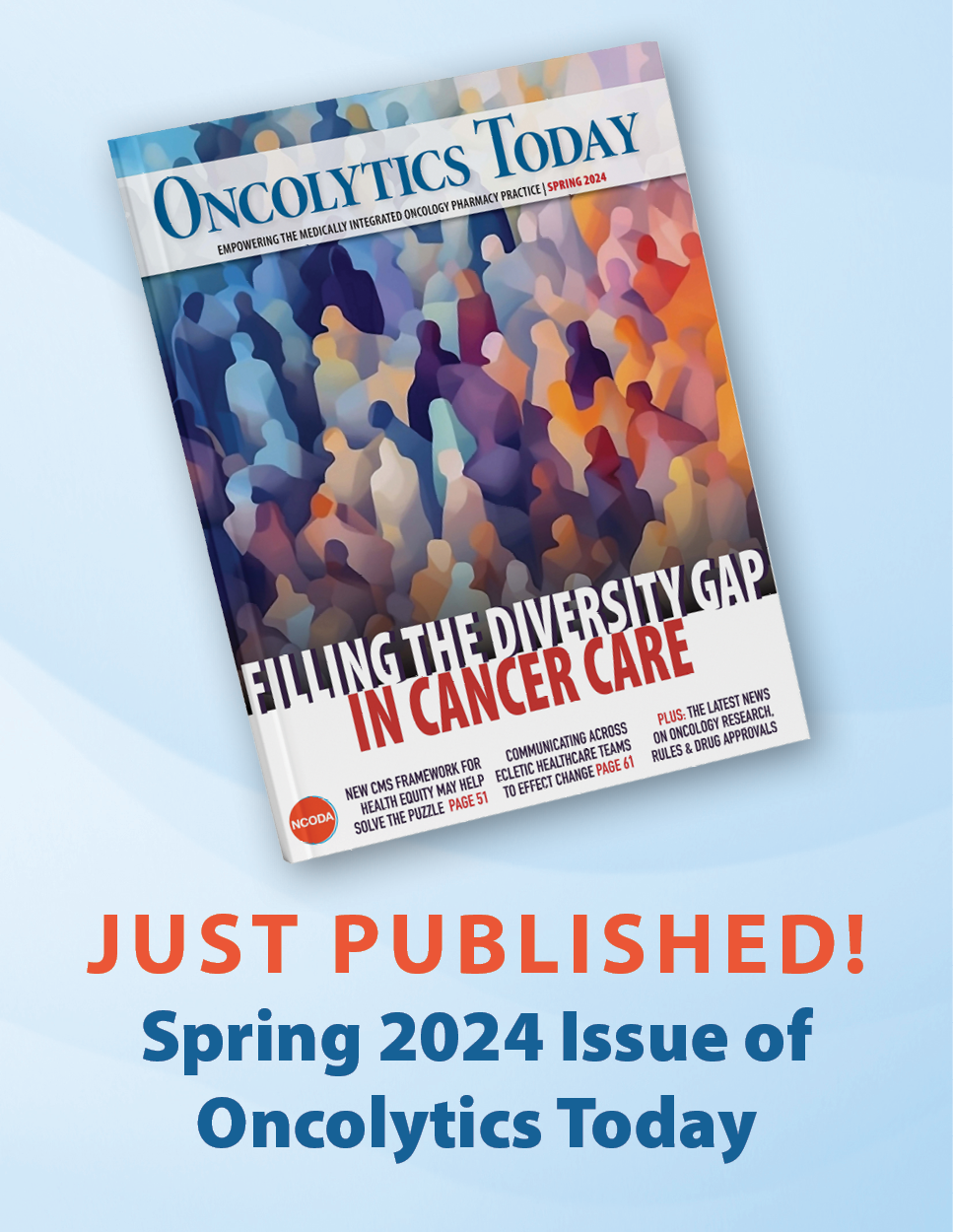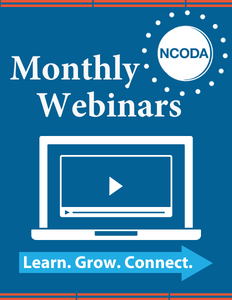By Amy Niles, MBA
Employer-sponsored health plans use alternative funding programs (AFPs) as a way to lower their costs by forcing patients who need specialty medications to search for funding elsewhere.
This often leads to patients delaying or going without their critical treatment that should have been covered by their health plan from the start.
AFPs also put additional strain on an already limited safety net of patient assistance programs by directing patients to use such programs when their health plans should cover their specialty medications, leaving qualifying patients who deserve such support out in the cold.
At the end of the day, AFPs are hurting the very patients they should be helping. As a leading charitable patient assistance foundation, those of us at the PAN Foundation (PAN) believe these programs should be banned.
HOW DO AFPS WORK?
With AFPs, health plan sponsors — such as employers who fund their own health coverage —exclude some or all specialty medications from coverage, labeling them as nonessential health benefits (EHBs). This happens despite prescription drugs being one of 10 EHB categories included in the Affordable Care Act (ACA).
Without coverage, a patient’s out-of-pocket spending on these medications no longer counts toward their annual deductible or out-of-pocket maximum.
Health plan sponsors then direct patients to alternative funding vendors — non-health insurance companies that are separate from the health plan itself. Through separate financial relationships with the health plans, these third-party vendors attempt to connect patients with financial assistance from a pharmaceutical manufacturer or charitable assistance foundation, such as PAN.
Patients may be asked to sign a power of attorney and disclose confidential information, and, at times, they even may direct patients to illegally import medications from outside the United States.
HOW DO AFPS HARM PATIENTS?
AFPs discriminate based on health factors protected under the Health Insurance Portability and Accountability Act of 1996 (HIPAA): Group health plans use AFPs to discriminate against individuals with serious health conditions who have been prescribed specialty medications. AFPs do not apply to participants/plan beneficiaries who are not prescribed specialty medications. By imposing benefit restrictions or limitations only on participants and beneficiaries prescribed specialty medications, and charging these individuals the same premium as other plan beneficiaries, the plan is charging more for coverage based on a health factor.
Notably, HIPAA prohibits group health plans from determining plan benefits on specific health factors and preexisting conditions. HIPPA also prohibits an individual from being charged more for coverage than any similarly situated individual is being charged based on any health factor.
AFPs fall short of plans’ fiduciary responsibilities to employees: Employees who pay to participate in their employer group health plan have a reasonable expectation that their employer will use their payments and manage the plan and its assets with the goal of providing them with benefits.
Unfortunately, when it comes to AFPs, the opposite is true. Instead, employers implement AFPs to avoid providing benefits to certain participants so that the plan can save money. AFPs impose harmful barriers and limitations on these employees’ access to specialty medications.
Examples of AFP behaviors that fall short of plans’ fiduciary responsibilities include:
- Requiring participants and beneficiaries to sign a power of attorney as a prerequisite to accessing specialty medications;
- Requiring participants and beneficiaries to provide financial and other personal information as a prerequisite to accessing specialty medications;
- Providing participants and beneficiaries with illegally imported, non-FDA-approved medications that pose a health and safety risk to participants and beneficiaries; and
- Delaying participants’ and beneficiaries’ timely access to specialty medications by requiring the completion and submission of applications and supporting materials to PAPs, potentially causing negative health consequences to participants and beneficiaries.
It’s also important to note that plan sponsors have a fiduciary duty to fulfill their responsibilities in the interest of providing benefits to participants and their beneficiaries. Health plan sponsors who use AFPs to cut costs are not meeting this fiduciary duty.
- AFPs discriminate based on income: Despite low-income and high-income employees
paying the same premiums — thus entitling them to the same benefits under their health plan — AFPs leverage Patient Assistance Program (PAP) income eligibility requirements to force low-income employees to use PAP funds to access their specialty medication instead of plan funds. This is done for the express purpose of saving the plan money. This income-based distinction creates an inequitable system that discriminates against lower-income employees by charging them the same premium as higher-income colleagues for less benefits and coverage. - AFPs discriminate under the ACA: Self-funded and large group plans are not required to provide coverage for the ACA’s 10 categories of essential health benefits (EHBs). However, self-funded or large group plans that choose to cover one or more categories of EHBs must comply with the ACA’s requirements for EHBs.
The communities we advocate on behalf of have serious chronic health conditions that require prescription drugs (referred to as specialty drugs or specialty medications) to treat their condition. The restrictions and limitations on access to medications specifically target participants and beneficiaries with serious, chronic health conditions that are prescribed specialty medications.
AFPS use questionable business practices: Some of the practices used by AFPs with plan beneficiaries are of concern. For example:
- Participants and beneficiaries receive written notification that their specialty medication is either no longer covered under the plan or has been denied prior authorization.
- Participants and beneficiaries are pressured into complying with AFP requirements by being told that failure to do so will result in their being responsible for the full cost of the specialty medication and, even if paid, none of those expenses will count
toward their out-of-pocket cost-sharing responsibilities. - In many instances, AFPs require participants and beneficiaries to provide sensitive information and documents, including a power of attorney, tax returns, and answers to financial and personal inquiries.
- Third-party AFP vendors tell participants and beneficiaries how to answer PAP application questions on coverage issues.
AFPs import medications from outside the United States: AFPs may direct patients to import or provide participants and beneficiaries with illegally imported, non-FDA-approved medications. While AFPs may or may not provide notification to participants and beneficiaries that their drug may be sourced from overseas, participants and beneficiaries have no control over where AFPs get the medications.
Illegally imported, non-FDA-approved medications pose potentially serious health risks to participants and beneficiaries. The introduction of unapproved new drugs and misbranded drugs into interstate commerce violates the Federal Food, Drug and Cosmetic Act.
HOW CAN WE BAN AFPS?
Several federal agencies are aware of the egregious practices of AFPs — including the U.S. Department of Labor, U.S. Federal Trade Commission and the FDA. And while we remain hopeful that AFPs can be banned through the regulatory process, ultimately, federal legislation may be needed.
Unfortunately, there is no legislation pending that would prohibit the use of AFPs by commercial health plans.
WHAT CAN YOU DO TO TAKE ACTION?
There are several steps patients and healthcare professionals alike can take to address AFPs:
Know your coverage: If you are on an employer-sponsored health plan and your plan has told you that your specialty medication is nonessential, or that specialty drugs are excluded from its formulary, and that another company can help find financial assistance, you may be involved in an alternative funding scheme. It is important to understand your plan’s position on coverage of specialty medications.
Education is key: While AFPs have grown in popularity, general awareness about these programs and how they operate is low. Educating patients, patient advocacy groups, healthcare professional groups/associations, and elected officials about the dangers of AFPs is critical.
Patient stories bring the issues to life: Sharing patient stories about their own experiences with AFPs can go a long way to educating the public and policymakers about the dangers of these programs. At PAN, we make it easy to share your story. Visit panfoundation.org for more information.
WHAT’S PAN DOING TO ADDRESS AFPS?
Access to specialty medications prescribed by healthcare professional should be deemed an EHB and their costs should be covered by health plans.
Health plan sponsors who use AFPs to save themselves money not only limit access to these life-saving medications by deeming them nonessential, but they also put further strain on an already limited safety net system of charitable patient assistance.
Recognizing the harm caused by AFPs, we at PAN are adamantly opposed to these programs and are working diligently alongside our patient advocates and partners to ensure all patients can access and afford their prescribed medications, specialty or otherwise.
We urge Congress to ban AFPs and put patients first.
Amy Niles, MBA, is Chief Advocacy and Engagement Officer at PAN Foundation in Washington, D.C.









